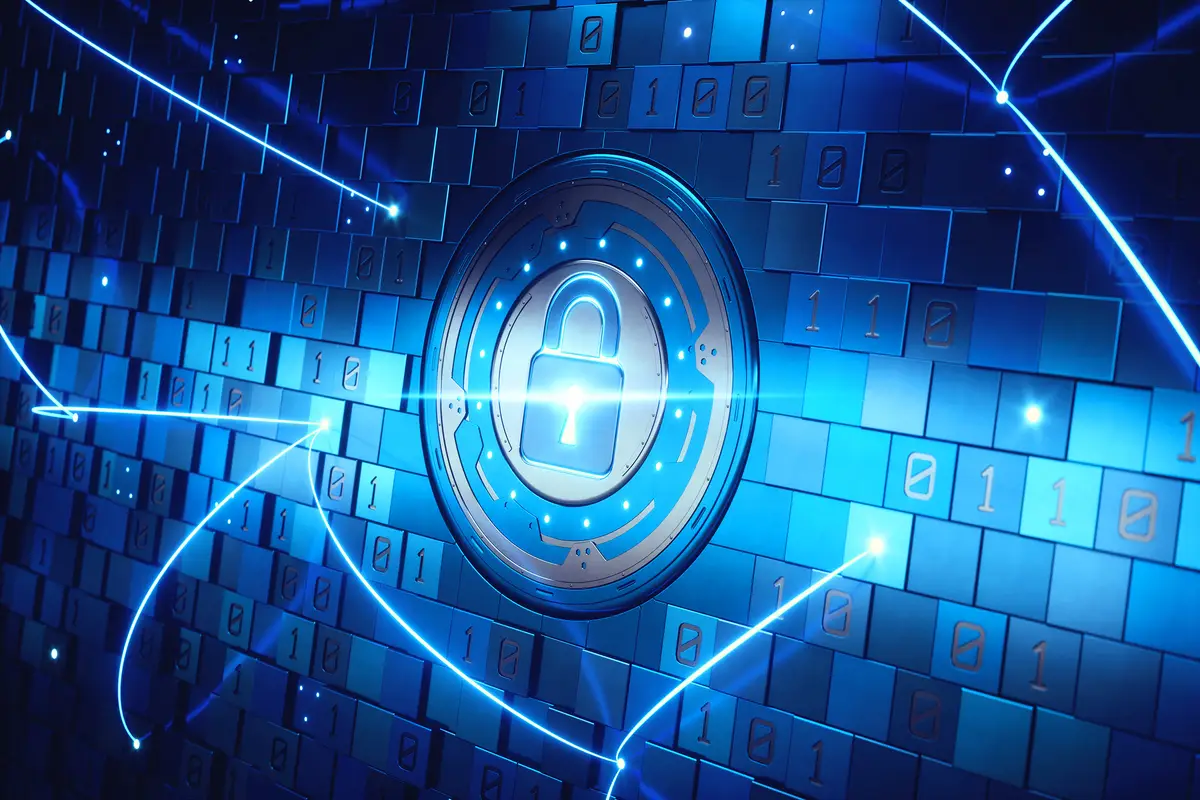In today’s world, the internet has become an essential part of our lives. We rely on it for various tasks, from communication to banking and more. However, with the increased use of the internet, the threat of hackers and scammers has also grown. To keep yourself safe in the digital world, it’s crucial to follow some important guidelines.

Avoid Public Wi-Fi Networks
When you’re outside your home and in need of internet access, it’s best to avoid using public Wi-Fi networks. Not all public Wi-Fi networks have strong security measures in place. Connecting to these networks can put your personal information at risk, including your social media account IDs, passwords, and even bank account details. Instead, consider using mobile data, which is generally more secure.
Beware of Suspicious Emails
Be cautious when dealing with emails from unknown or suspicious sources. Opening email attachments from these sources can make you vulnerable to phishing attacks. Scammers often use deceptive emails to trick individuals into revealing sensitive information. If an email looks suspicious or asks for personal information, it’s safer to delete it and not engage with it.
Download Apps from Official Stores
If you’re using an Android smartphone, download apps exclusively from the Google Play Store. For iPhone users, stick to the official Apple App Store. Avoid downloading applications from third-party sources or unknown websites, as these can be risky. Hackers sometimes create malicious apps that can compromise your device’s security and steal valuable information. Apps from official stores are generally safer, as they undergo stringent security checks.
Use Unique Passwords
In today’s digital age, people have accounts on various online platforms, such as social media, banking, and subscription services. It’s crucial to use unique passwords for each of these accounts. Using the same password for multiple accounts can be a significant security risk. If a hacker gains access to one of your accounts, they could potentially compromise all of your accounts, putting you in grave danger. To enhance security, create strong, complex passwords for each account and consider using a password manager to keep track of them.
Enable Two-Factor Authentication (2FA)
Two-factor authentication (2FA) adds an extra layer of security to your online accounts. With 2FA enabled, even if a hacker manages to obtain your password, they won’t be able to access your account without the secondary authentication step, such as a one-time code sent to your mobile device. Many online platforms offer 2FA as an option, and it’s highly recommended to enable it wherever possible.
Keep Your Devices Updated
Regularly update your devices’ operating systems, applications, and antivirus software. Software updates often include security patches that address known vulnerabilities. By keeping your devices up to date, you can protect yourself from potential threats that exploit security flaws in outdated software.
Use a Virtual Private Network (VPN)
Consider using a Virtual Private Network (VPN) when connecting to the internet, especially on public Wi-Fi networks. A VPN encrypts your internet connection, making it more challenging for hackers to intercept your data. It adds an extra layer of security, ensuring that your online activities remain private and secure.
Leave a Reply